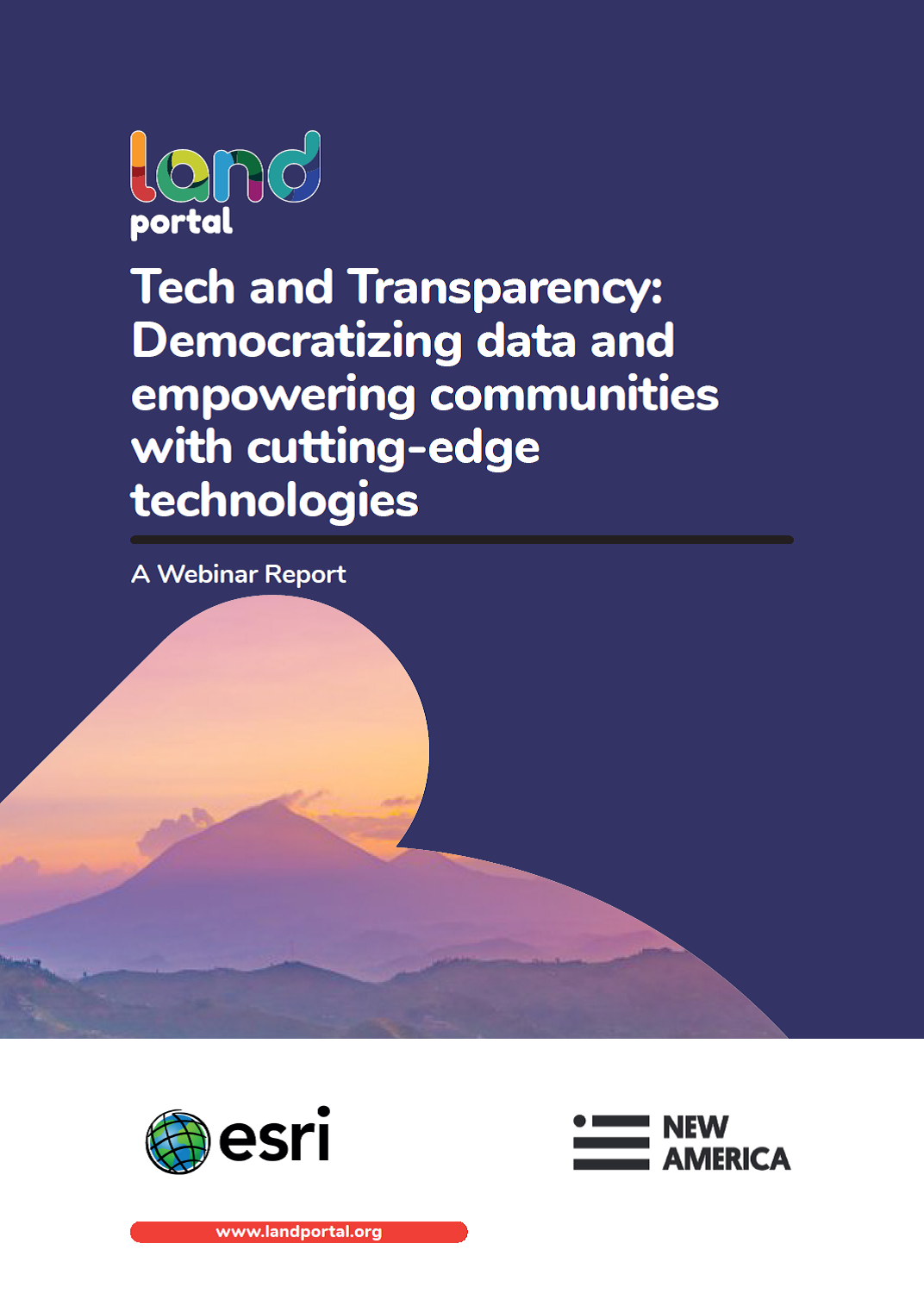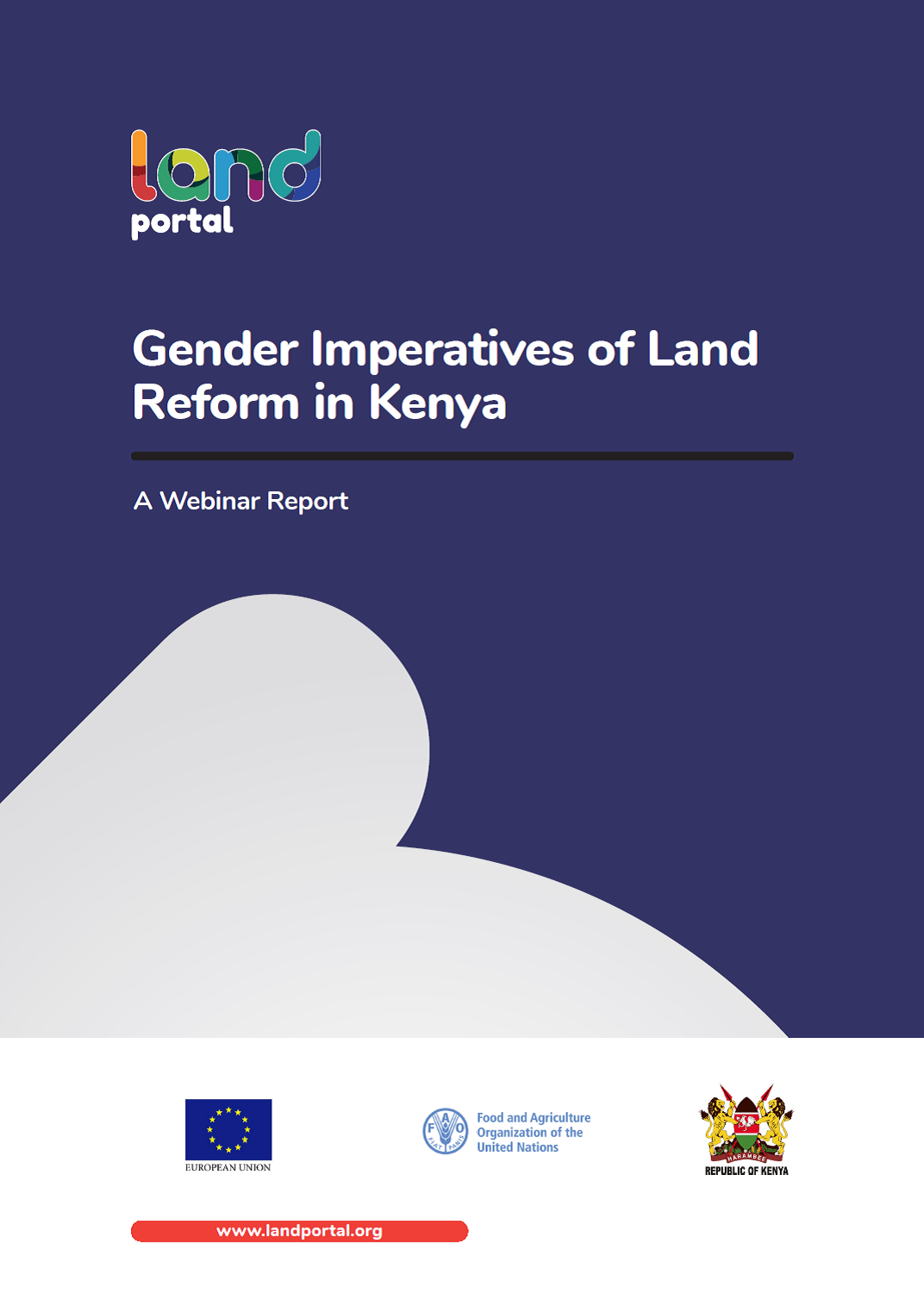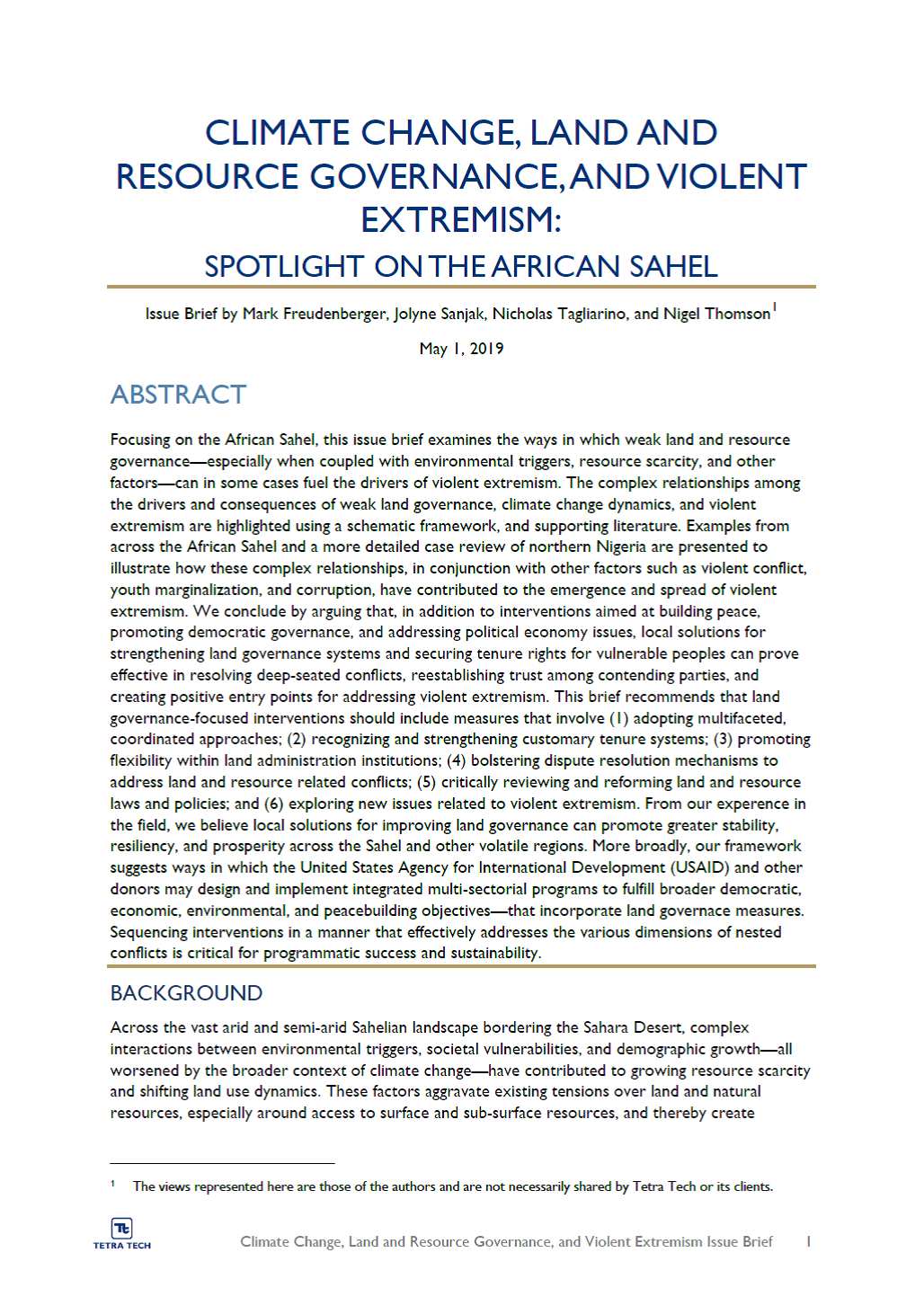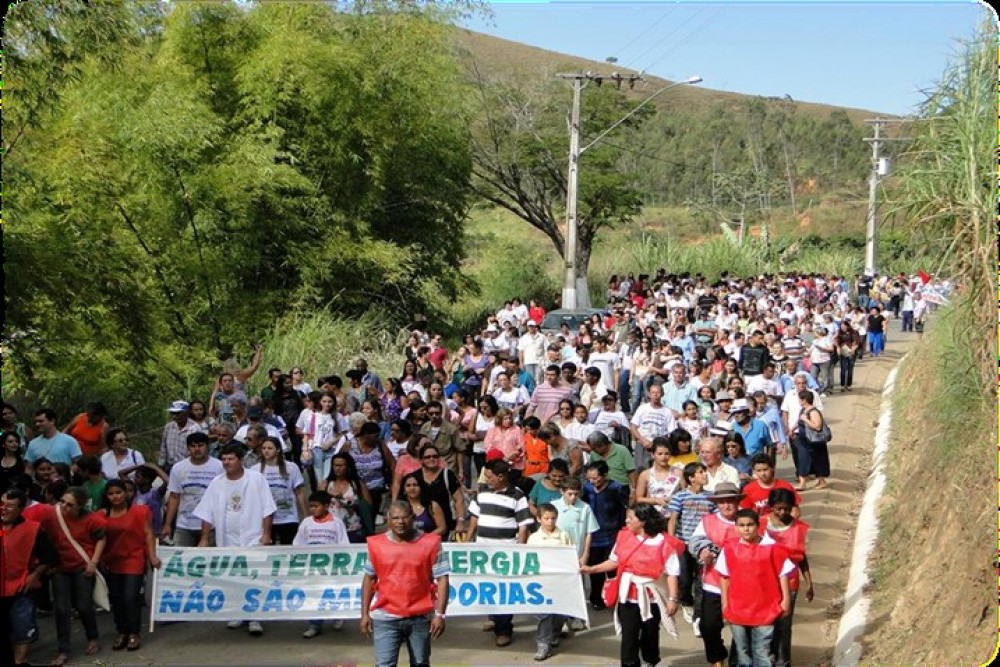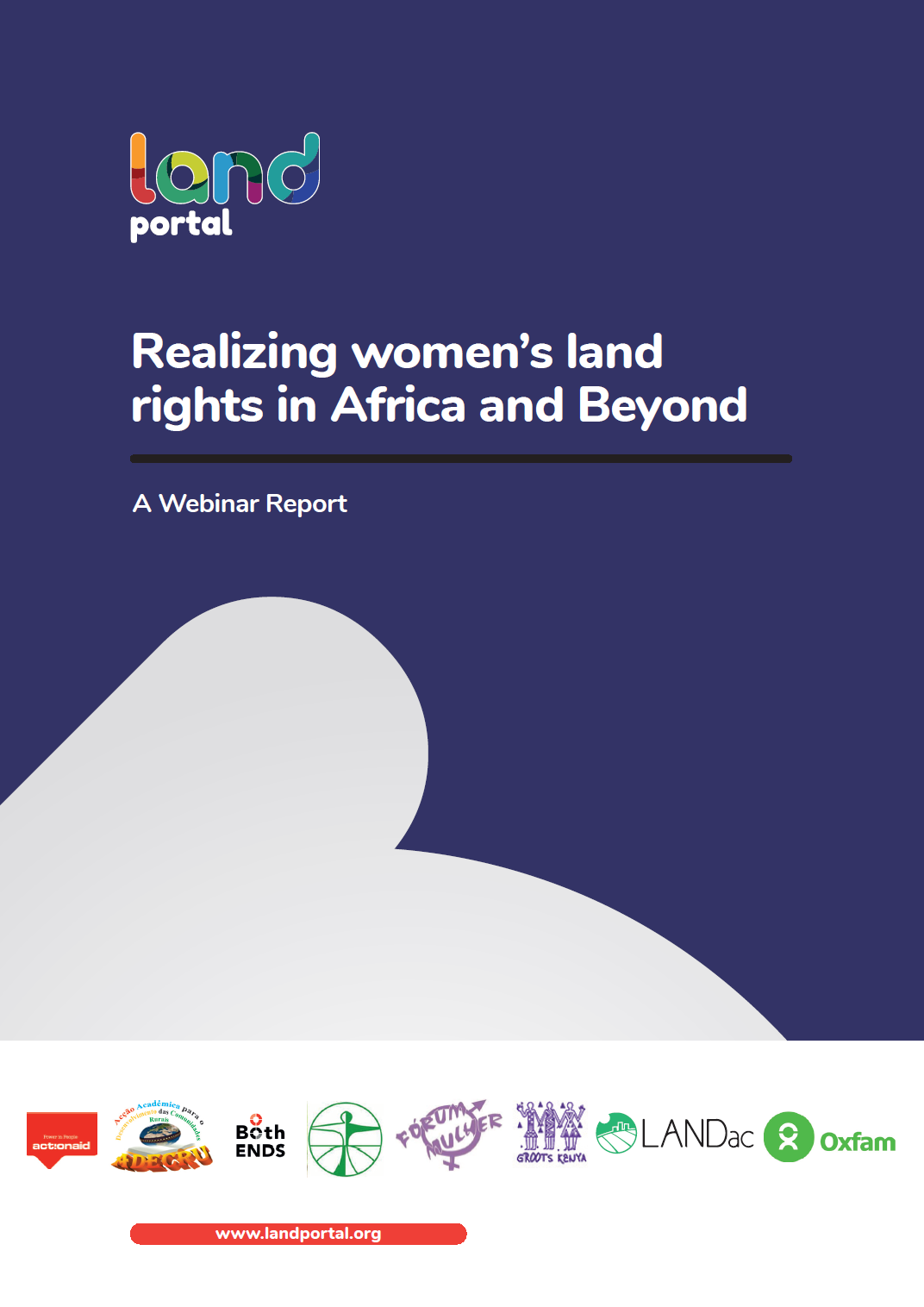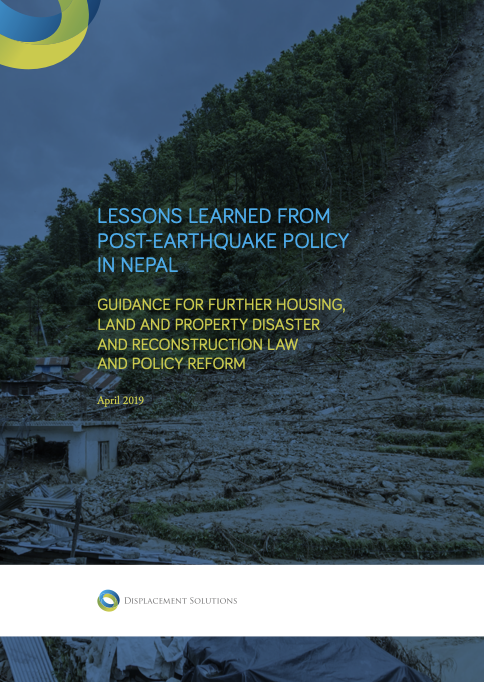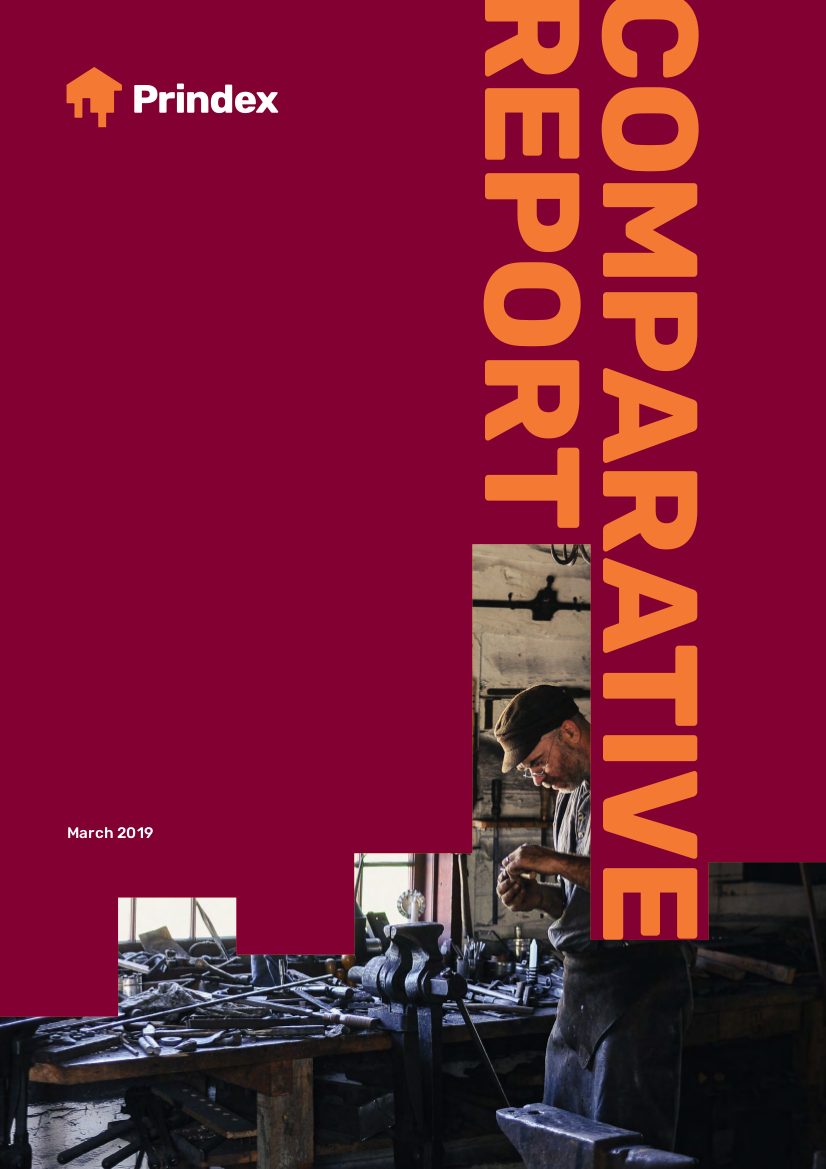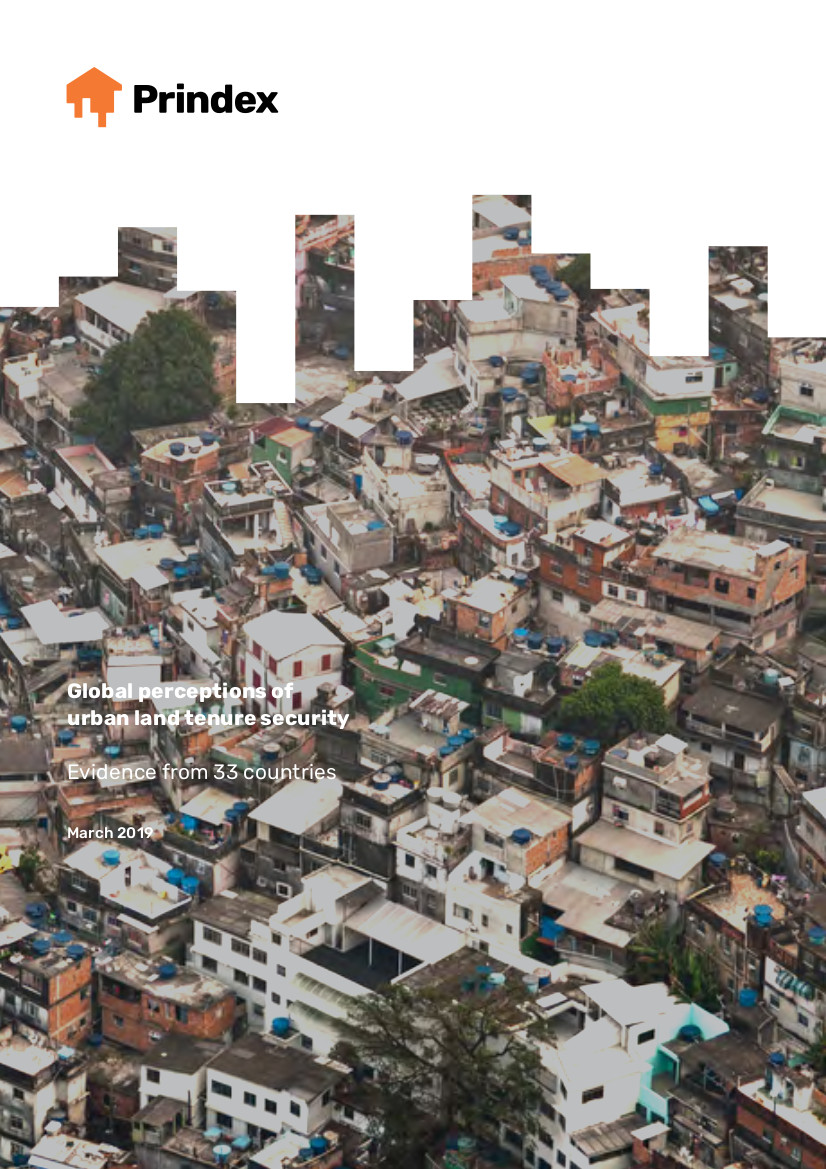Tech and Transparency: democratising data and empowering communities with cutting-edge technologies
lack of transparency in the land and property sector prevents individuals, communities and governments from unlocking the value of the property as an asset, and undermines policies and legal frameworks that aim to provide land tenure security, potentially leading to a misallocation of rights. In fact, land governance is ranked among the sectors in which people are most likely to pay bribes for access to services, according to Transparency International’s Global Corruption Barometer.

